Dhaka, Feb 25 (V7N) – In the heart of Dhaka’s busy streets, where plastic waste clogs canals and environmental concerns often take a backseat, a group of young students is proving that change doesn’t wait for adulthood.
Leading the charge is nine-year-old Niha, a spirited fourth-grader from Hazrat Ayesha (RA) Academy, who stood as the chief guest at a canal cleanup program in Kallyanpur on Tuesday.
“We will clean it ourselves—keeping canals clean is our responsibility too,” she declared, clutching a pamphlet about plastic pollution.
Her words were more than just a statement; they were a call to action.
From a mosque sermon to citywide movement
The roots of this initiative trace back to an unlikely place: a mosque in Mohammadpur’s Ibn-e-Sina Housing.
During a Friday prayer sermon, teachers from Hazrat Ayesha (RA) Academy first heard about the “Save Canals, Save City” campaign at Kallyanpur’s Nabadiganta Adarsha High School.
The campaign was part of the PLEASE Project, facilitated by Red Orange Limited.
Inspired, the teachers brought the idea back to their classrooms.
“This is interesting,” the head teacher remarked. “Our students should take part in such meaningful activities.”
On February 13, representatives from Red Orange Limited visited the academy for a school campaign, distributing pamphlets and encouraging students to ask big questions: Where does this garbage go? What can we do about it?
The curiosity didn’t stop in the classroom.
Students took these discussions home, engaging their families in conversations about the plastic waste choking Kallyanpur’s canals. But they didn’t just talk about the issue—they took action.
Small hands, big impact
On Tuesday, with support from the Dhaka North City Corporation (DNCC), Niha and her classmates rolled up their sleeves and got to work.
As they pulled plastic waste from the water, passersby watched in admiration.
Two DNCC conservancy officers, Rokib Hasan and Abul Hashem, commended their efforts, saying: “We’re proud of them. Saving canals means saving the city—but it’s not just our job. Everyone must step up like Niha and her classmates.”
For these young activists, cleaning the canals wasn’t an abstract responsibility; it was a natural extension of the care they already showed for their surroundings. “We clean toilets near our school—why not this too?” Niha asked.
With that, the students sprang into action, determined to lead by example.
The future
The impact of their efforts is already spreading. Teachers beamed with pride as they watched their students take charge.
“Our students are responsible and empowered,” one said. “Small steps lead to big change.”
Beyond the cleanup itself, the initiative is evolving into an ongoing movement. Students have turned their experiences into homework assignments, photos, and stories, which will be showcased in upcoming exhibitions.
Future activities will include online talk shows featuring students and more community-led environmental efforts.
Niha, barely taller than the trash bags she carried, became the face of this grassroots movement.
Her role as chief guest wasn’t just symbolic—it was a testament to the leadership and determination of Dhaka’s youngest environmentalists.
In a world where environmental problems often seem insurmountable, Niha and her classmates remind us that solutions start small.
They start with awareness, with a willingness to take action, and with the belief that even the youngest among us can make a difference.
As these young heroes scrub the canals and challenge their elders, they are shaping a cleaner future—one piece of plastic at a time.
END/MSS/AJ



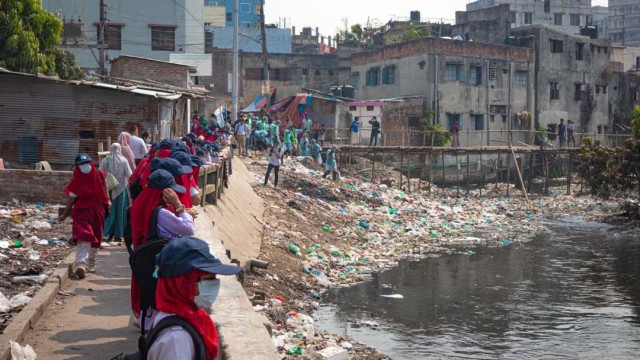
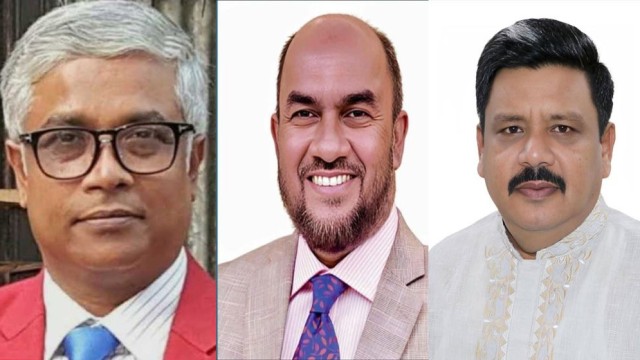
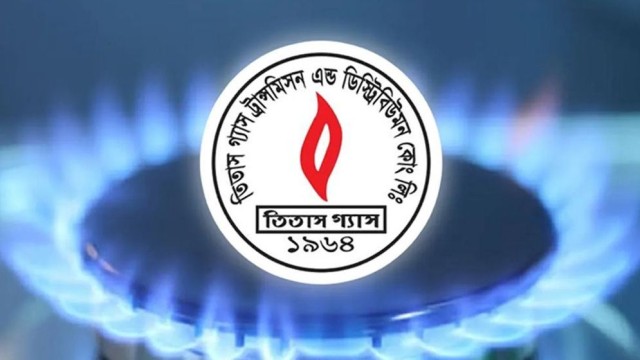
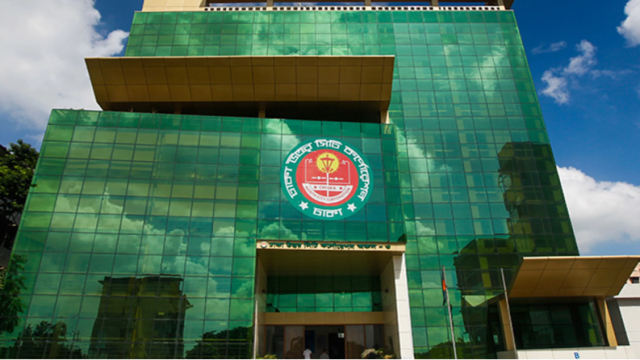
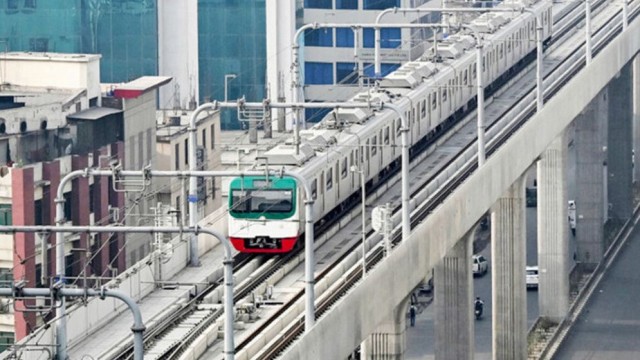


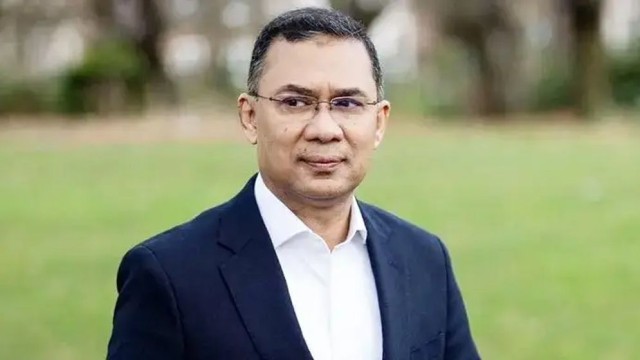


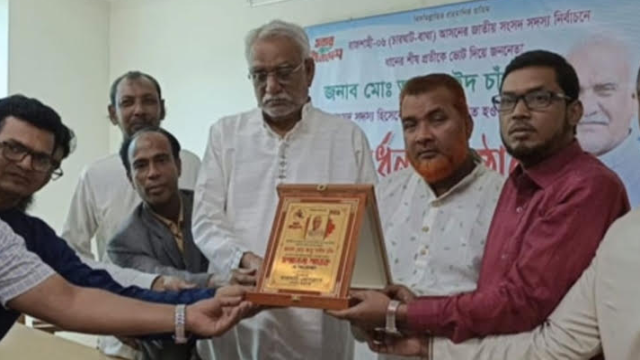

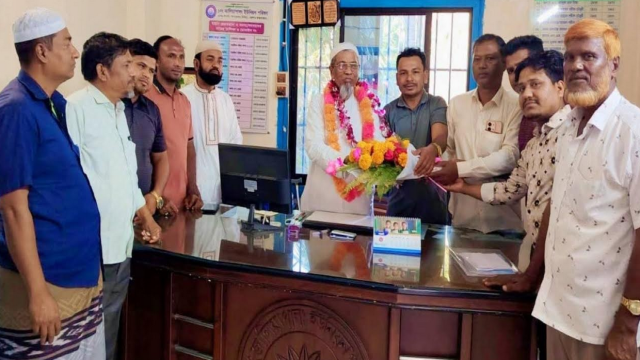
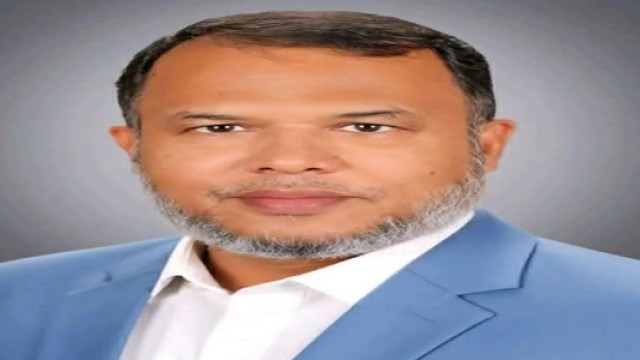

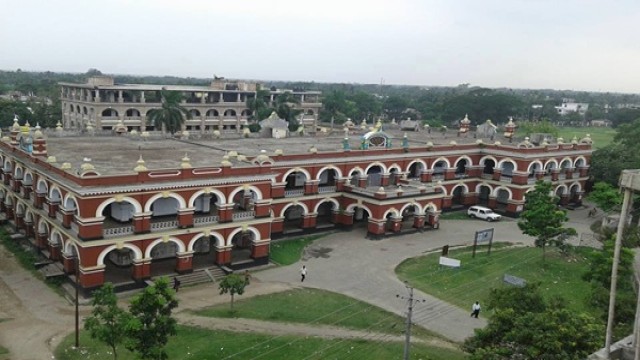





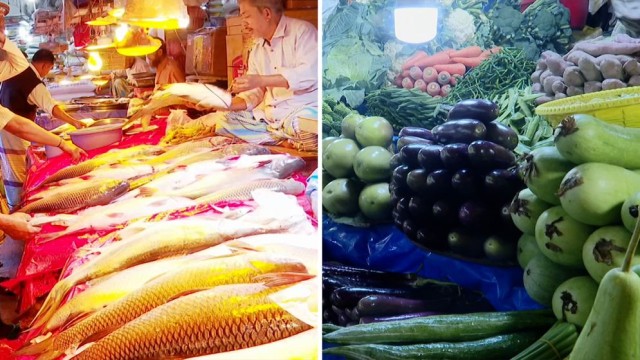
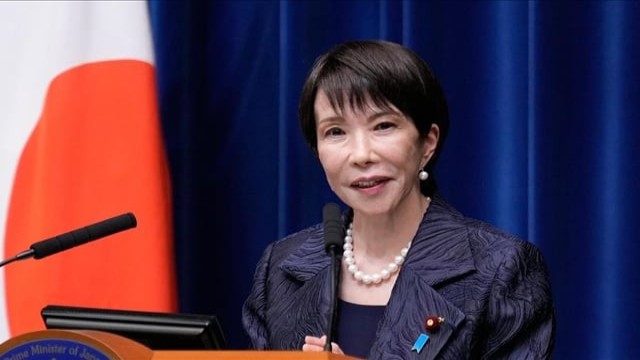
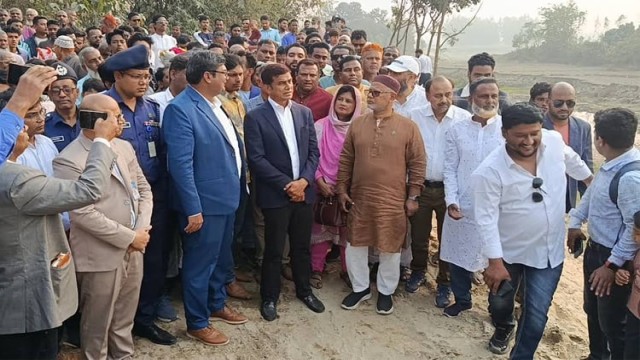


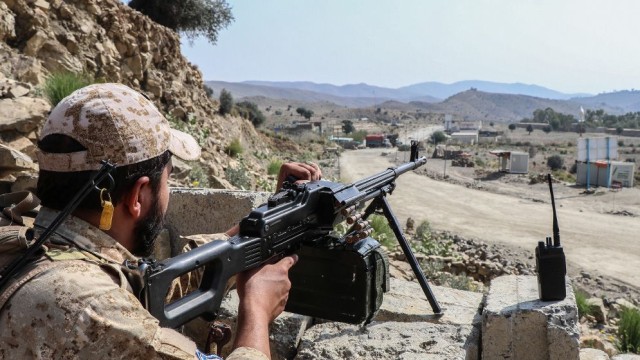
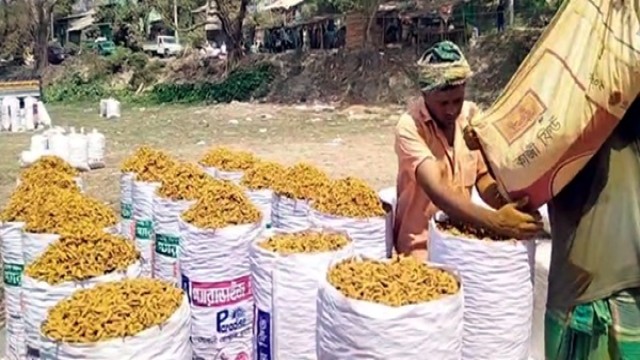
Comment: